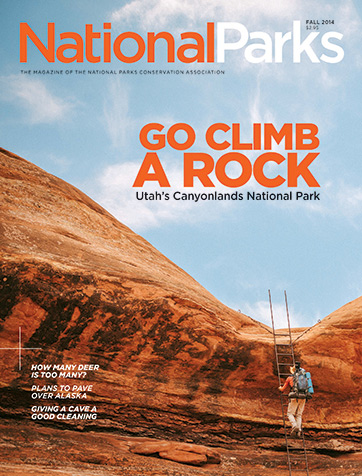
How will a changing climate affect national parks?
The majority of Americans agree: Climate change is happening. What we don’t agree upon is exactly why or how it will unfold—and it’s becoming clear that it could manifest in very different ways across the planet. This is an area of a flurry of research, and recently, I had the opportunity to talk with climate scientist Maria Caffrey, who is in the midst of a massive study on how climate change will affect coastal national parks. Her mission is to provide parks with projections at an unprecedented level of detail so that staffers can plan mitigation and adaptive measures.
The results of this ongoing three-year study are already emerging. Yes, it’s terrible to think that by 2100 it’s likely that large swaths of the Everglades and many of North Carolina’s spectacular barrier islands will be underwater. But it’s also fascinating to see how differently climate change will affect parts of the country. There are some places, like Skagway, Alaska, for example, where the relative sea level will actually decrease over the next 100 years. Why? As glaciers melt, their weight decreases and the land rises.
Read more about this research and its implications in my story, Sea Change, which appears in the fall issue of National Parks magazine.